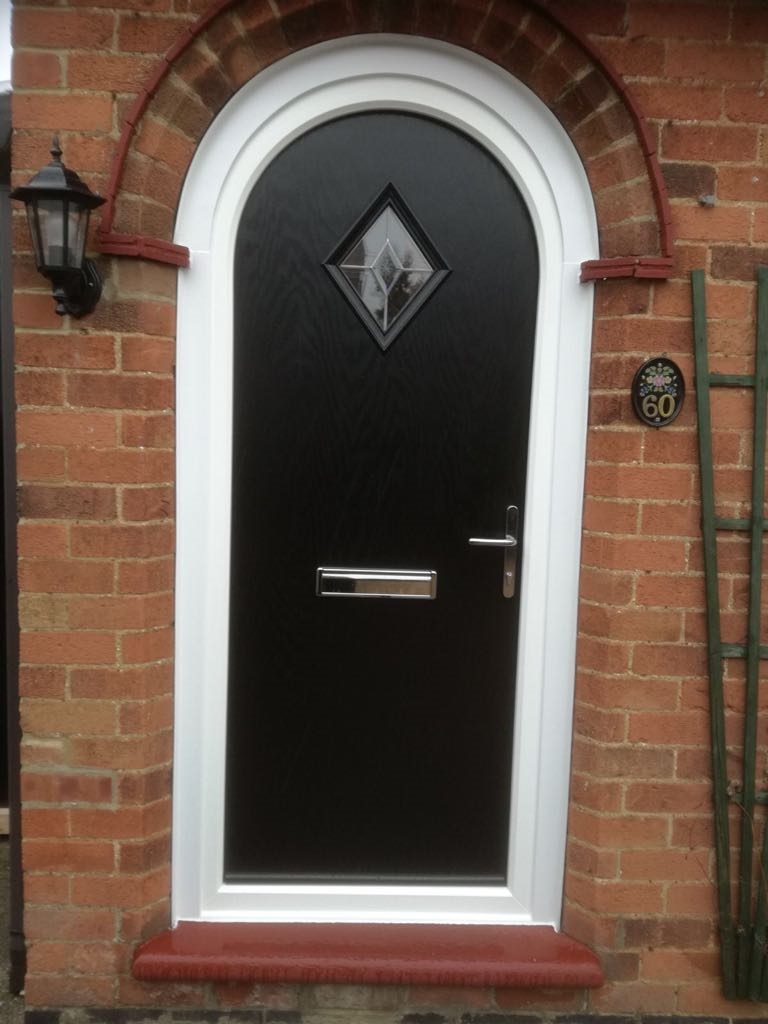First impressions are everything, and this is no different when it comes to your home.
With a breadth of choice in terms of style and design, selecting a front door can be a difficult decision.
But one of the key considerations when choosing your front door is the material.
In this blog post, we have put together a list of the advantages and disadvantages of composite and uPVC doors to help you select the best option for your home.
Composite Doors: The Pros
Composite doors can be made from a selection of materials and are available in a range of styles and designs. They offer a number of advantages over their uPVC counterparts. Some of which include:
A wider range of finishes
Unlike uPVC doors, composite doors are available in a range of colours and styles, including timber grain. Due to its tough resistance to weathering, it will also keep its colour making it appealing all year long.
The great thing is, there will be no need to repaint a composite door, which is usually guaranteed to last 10 years.
Energy efficiency
Composite doors are made from a number of materials glued together under high pressure. Unlike uPVC doors, composite doors are much thicker, which makes them slightly more efficient.
Increased security
Both uPVC and composite doors offer high-level security for your home, the robust construction of composite doors does make them slightly superior in this area.
Composite Doors: The Cons
As with anything, there are ups and downs for each material type. The cons of opting for a composite door include:
Higher cost
Composite doors will stretch your budget further than uPVC. Though their durability makes them great value for money, they are higher in cost and this should be considered.
uPVC: The Pros
uPVC and composite doors offer a number of the same benefits. However, there are a couple of reasons you might decide to opt for uPVC over composite.
Lower cost
Although composite doors do represent great value for money, the outlay for a uPVC door is still lower, meaning it will put less of a strain on your budget at the outset.
Low maintenance
Any stains which appear can be simply wiped clean. However, it is worth noting that this should be done regularly as prolonged neglect or using the wrong chemicals may cause the frame to discolour over time.
uPVC: The Cons
Of course, paying less for your new front door does have its downside. The cons of choosing uPVC are:
Fewer styles available
Although uPVC doors can come in wood effect finishes and with a range of glass styles, there are far fewer finishes available than there are with composite doors.
Ultimately, the choice of material comes down to the overall purpose of the door. If you’re looking for something to brighten up the front of your home, then a composite door will offer the versatility and variety to give your home the look and finish you’re looking for. However, if budget is a consideration, or if the front door being replaced is within a porch behind another front door, you may be better to consider uPVC.
To obtain a free quote from Matthew Oliver Windows, contact us to speak to one of our advisers.

